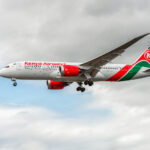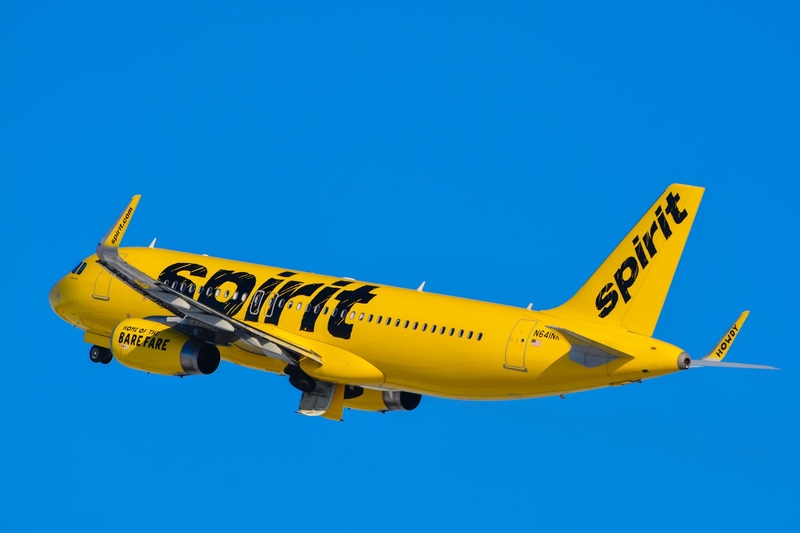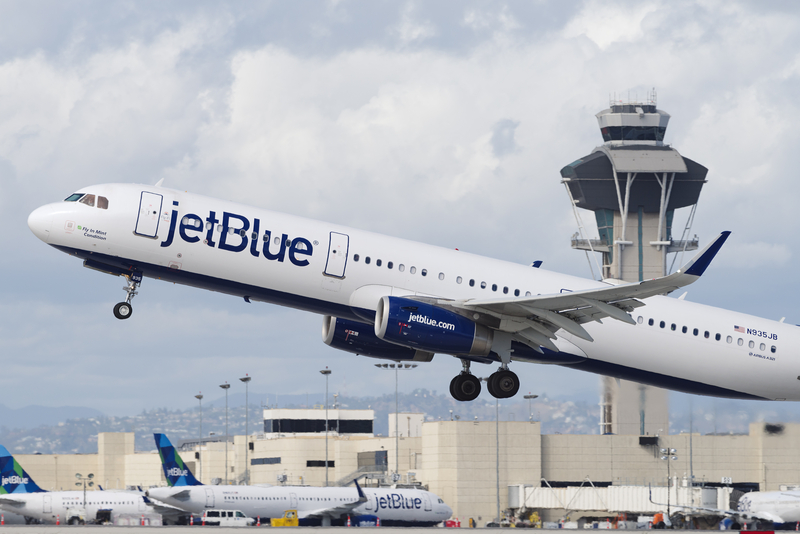Korean Air Finalizes $1.3 Billion Acquisition of Asiana Airlines
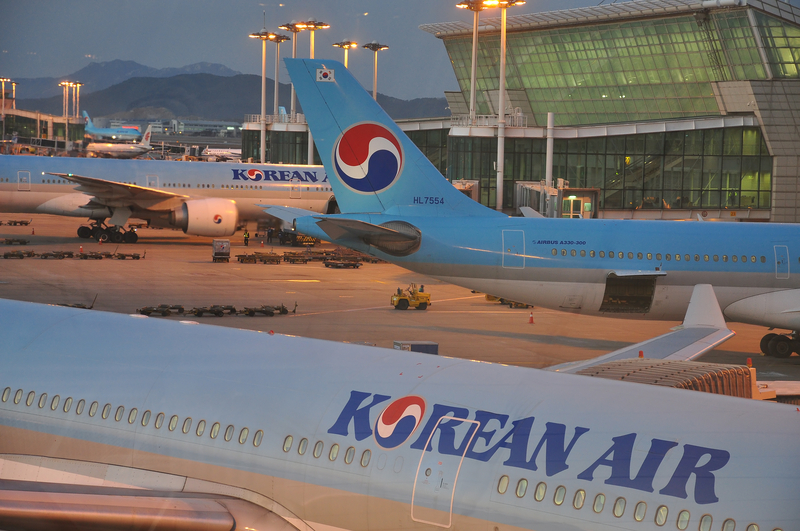
ID 49453750 © Roberto Maggioni | Dreamstime.com
Korean Air has officially completed its $1.3 billion acquisition of rival carrier Asiana Airlines, creating one of Asia’s largest airlines and a dominant force in the global aviation industry. The long-anticipated merger, which began in 2020, marks a major milestone for South Korea’s aviation sector and positions Korean Air as a formidable player in international travel.
Key Details of the Acquisition
- Acquisition Value: $1.3 billion
- Timeline: The initial deal was announced in November 2020 and was finalized on December 12, 2024.
- Integration Plan: Full integration of Asiana Airlines under the Korean Air brand is expected to be completed within two years.
The merger creates a combined entity that will control over 50% of South Korea’s passenger capacity and rank as the world’s 12th largest airline by international capacity. Korean Air now commands a significantly larger global presence, with expanded routes, fleet, and resources.
Why the Merger Was Necessary
Asiana Airlines, long considered a crucial part of South Korea’s aviation landscape, faced severe financial challenges exacerbated by the COVID-19 pandemic. Mounting debt and operational issues threatened Asiana’s survival, prompting the South Korean government and stakeholders to seek a rescue plan through Korean Air.
This acquisition ensures the continuation of Asiana’s services while consolidating the country’s aviation sector under a more stable and competitive structure.
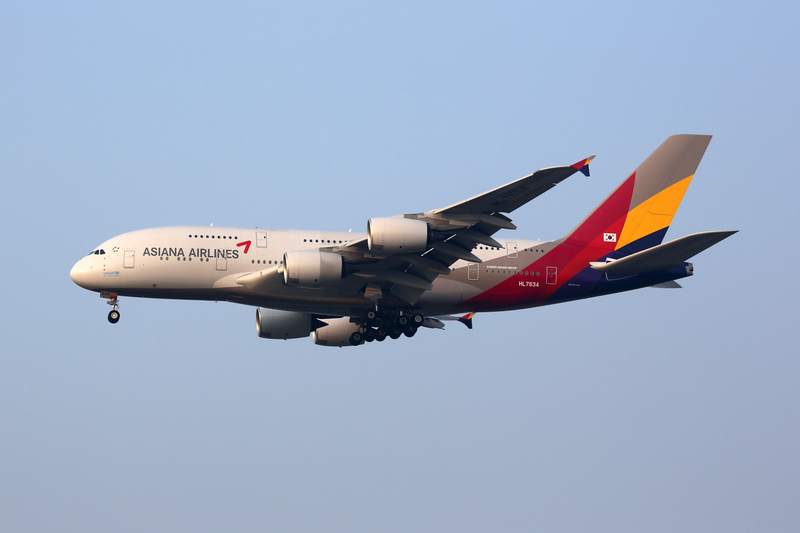
ID 75383753 © Boarding1now | Dreamstime.com
Impact on the Airline Industry
The Korean Air-Asiana merger is expected to reshape air travel within Asia and beyond by:
- Expanding Route Networks: The combined airline will offer enhanced connectivity, providing more options for travelers between South Korea, the United States, Europe, and key Asian markets.
- Fleet Synergies: Korean Air gains access to Asiana’s fleet of Airbus A380s, Boeing 777s, and Airbus A350s, increasing capacity for long-haul and high-demand routes.
- Strengthening Cargo Operations: Both carriers have robust cargo operations, and the merger is set to enhance Korean Air’s freight capabilities, supporting global supply chains.
Regulatory Approvals and Challenges
The acquisition faced scrutiny from international regulators due to potential concerns over reduced competition. To address these, Korean Air agreed to several concessions, including:
- Slot Divestitures: Giving up valuable slots at airports such as Seoul Incheon (ICN) and Los Angeles (LAX) to maintain competitive balance.
- Service Continuity: Ensuring certain Asiana routes continue operating to protect consumer interests.
Benefits for Passengers
Travelers can look forward to:
- More Routes and Frequencies: Increased options for domestic and international travel.
- Enhanced Services: Korean Air’s renowned service quality and modern fleet will be extended to former Asiana routes.
- Loyalty Program Integration: Asiana’s loyalty program members are expected to transition into Korean Air’s SKYPASS program, providing wider earning and redemption opportunities.
Future of the Combined Airline
Over the next two years, Korean Air plans to:
- Fully Integrate Operations: Unify booking systems, branding, and crew operations.
- Optimize Fleet and Resources: Streamline the combined fleet for efficiency and service coverage.
- Maintain Competitive Edge: Leverage its expanded network to compete with major Asian carriers like Singapore Airlines, Japan Airlines, and the Middle Eastern giants.
Bottom Line
The completion of Korean Air’s acquisition of Asiana Airlines marks the dawn of a new era for South Korea’s aviation sector. By combining resources, routes, and expertise, the airline is poised to become a dominant force in global aviation, benefiting travelers and strengthening the country’s presence in the international market.
